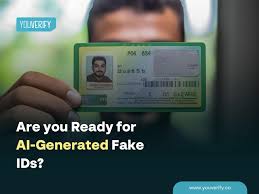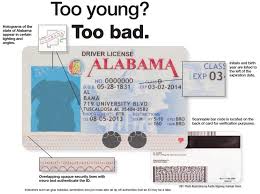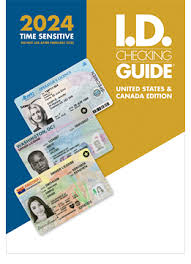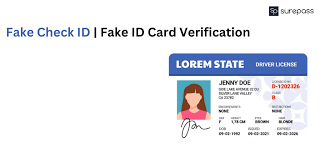underage ID use
Outline:
Introduction
- Overview of underage ID use
- Importance of understanding implications and responsibilities
What is Underage ID Use?
- Definition and common scenarios
- Types of IDs commonly used
Legal Implications of Underage ID Use
- Laws surrounding fake IDs
- Penalties for possession and use
Risks Associated with Underage ID Use
- Legal consequences
- Personal repercussions
- Impact on future opportunities
Why Do People Use Fake IDs?
- Common motivations for underage ID use
- Social pressures and accessibility
Best Practices for Responsible ID Use
- Tips for safe identification practices
- Understanding legal alternatives
Alternatives to Fake IDs
- Ways to enjoy age-restricted venues legally
- Resources for underage individuals
Frequently Asked Questions (FAQs)
- Common concerns and answers
Conclusion
- Recap of key points
- Final thoughts on responsible behavior
Content Expansion
1. Introduction
Underage ID use often involves the possession and presentation of identification that misrepresents an individual's age. Understanding the implications of this behavior is crucial for making informed decisions about identification and access to age-restricted activities.
2. What is Underage ID Use?
Underage ID use refers to the practice of individuals under the legal drinking age (typically 21 in the U.S.) using fake or altered IDs to gain access to bars, clubs, and other age-restricted venues. Common types of IDs used include:
- Fake driver’s licenses
- Altered identification cards
3. Legal Implications of Underage ID Use
The legal landscape surrounding underage ID use is strict. Penalties can vary by state but may include:
- Possession of a Fake ID: Often classified as a misdemeanor or felony, depending on the jurisdiction.
- Using a Fake ID: Can result in fines, community service, or even jail time.
- Increased Scrutiny: Those caught using fake IDs may face heightened scrutiny in future identification checks.
4. Risks Associated with Underage ID Use
Underage ID use carries several risks:
- Legal Consequences: Criminal charges can result from possession or use, impacting future opportunities like employment and education.
- Personal Repercussions: Legal issues can strain relationships with family and friends.
- Impact on Future Opportunities: A criminal record can hinder college applications, job prospects, and other opportunities.
5. Why Do People Use Fake IDs?
Motivations for underage ID use often include:
- Social Pressure: The desire to fit in or participate in activities with peers.
- Accessibility: The belief that using a fake ID is an easy way to gain access to nightlife and social events.
6. Best Practices for Responsible ID Use
For individuals navigating age-restricted environments, responsible practices include:
- Know the Laws: Understand the legal ramifications of ID use in your area.
- Consider Alternatives: Look for venues that cater to all ages or events specifically designed for underage individuals.
- Be Honest: Engage in conversations about age restrictions and consider alternatives to underage drinking.
7. Alternatives to Fake IDs
Legal alternatives to enjoy social activities include:
- Underage-Friendly Events: Many venues host events for underage patrons, offering a safe environment to socialize.
- Communicating with Venue Management: Some establishments may allow underage individuals to attend events if accompanied by an adult.
8. Frequently Asked Questions (FAQs)
Common questions may include:
- What are the risks of using a fake ID?
- Are there legal consequences for possessing a fake ID?
- What are some alternatives to using a fake ID?
Conclusion
Understanding underage ID use is essential for making responsible decisions. The legal implications, risks, and potential consequences of using a fake ID can significantly impact an individual’s future. By recognizing these factors and exploring alternatives, underage individuals can navigate social settings without compromising their integrity or future opportunities.
 Fake Driver’s License Kansas
Fake Driver’s License Kansas
 underage ID use
underage ID use
 Delaware Fake ID
Delaware Fake ID
 fake ID benefits
fake ID benefits